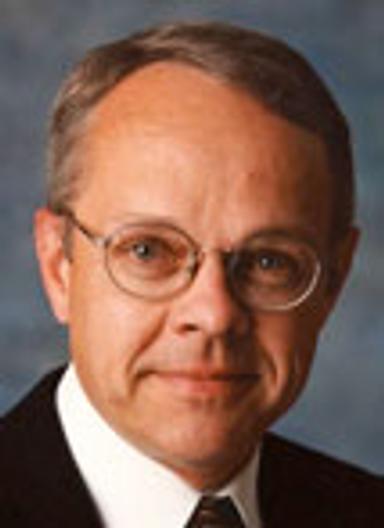Mark Bohr
Mr. Mark T. Bohr serves as a Senior Fellow of Technology and Manufacturing Group and a Director of Process Architecture and Integration of Intel Corp. Mr. Bohr is works in Intel's Logic Technology Development group located in Hillsboro, Oregon, where he is responsible for directing process development activities for Intel's advanced logic technologies. He joined Intel in 1978 and has been responsible for process integration and device design on a variety of process technologies for dynamic RAM, static RAM and microprocessor products. The technologies that he has helped to develop include: Intel's first CMOS technology in 1981, the world's first CMOS DRAM technology in 1983, Intel's first BiCMOS logic technology 1992, and recent 90 nm and 65 nm logic technologies using strained silicon transistors and copper + low-k interconnects. He is currently directing development activities for Intel's 45 nm logic technology. He received the B.S. degree in industrial engineering in 1976 and the M.S. degree in electrical engineering in 1978, both from the University of Illinois, Urbana-Champaign. In 1998 he received the Distinguished Alumnus Award from the University of Illinois department of Electrical and Computer Engineering. He serves as the senior sponsor for the University of Illinois campus for Intel's Academic Relations group. Mr. Bohr is a Fellow of the Institute of Electrical and Electronics Engineers and was the recipient of the 2003 IEEE Andrew S. Grove award. He has served on paper selection committees for the International Electron Devices Meeting ('90-'91 and '96-'97) and for the Symposium on VLSI Technology ('94-'99) and presently serves on the Executive Committee for the VLSI Symposia. In 2005 he was elected to the National Academy of Engineering. He holds 31 patents in the area of integrated circuit processing and has authored or co-authored 39 published papers.
Recent Events and Presentations
Are Advancements in Computing Over? The Future of Moore’s Law
This panel discussion will investigate the current state of semiconductor innovation and the reforms and investments necessary to meet the potential of Moore’s Law.


